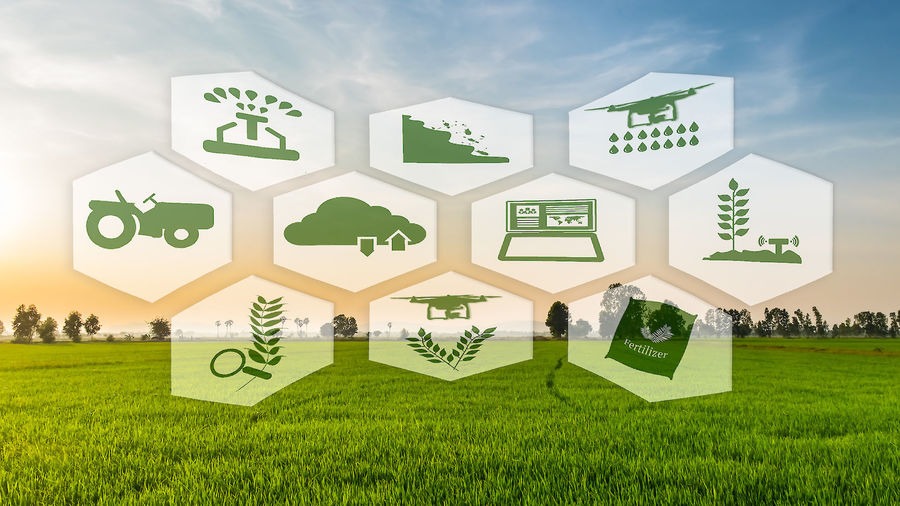Microsoft has announced a partnership with the Alliance for a Green Revolution in Africa (AGRA) through its Microsoft 4Afrika initiative. They are partnering to co-create agritech solutions and support AGRA’s digital transformation to boost food security for 30 million farming households across 11 countries by 2021. This partnership was announced at the African Green Revolution Forum (AGRF) event held in Ghana.
Microsoft and AGRA will leverage the partnership to use big data and artificial intelligence in scaling farm productivity and profitability. This partnership will allow farmers to adopt new technologies for digital training content. It will also allow them to develop digital skills in agriculture through an internship program. The partnership will also support policy advocacy and government engagement in developing national agriculture digitization strategies.
According to AGRA, the biggest farmer productivity challenge in Africa is the use of outdated production technologies and practices. They noted that farmers will adopt new technologies when it’s locally available and affordable. The Digitalization of African Agriculture Report revealed that 90% of Africa’s digital market support for smallholder farmers is still untapped. The market is worth over $2.26 billion.
See also: Microsoft set to integrate eSIM management system to Its Intune
It is important to note that Microsoft announced earlier in 2019, that its Africa Development Centre will help boost AI innovation in agriculture. Microsoft is notable for supporting African agritech start-ups and companies like SunCulture, Virtual City, N-Frnds and Twiga Foods.
Amrote Abdella, Regional Director of Microsoft 4Afrika said that Agriculture is a priority sector of investment for them. This focus on agriculture is not just because it sustains 70% livelihood but because they believe technology can transform the sector.
He noted that Africa is notable for a large number of farmers with different farming practices. He said they believe technology can boost this knowledge to scale crop yields.
More on TechGist Africa:
- See the Startups that Won the Johnson & Johnson Innovation Challenge
- Samsung Launches Galaxy Fold After a Four-Month Stall
- MTN, Multichoice closes Offices across Nigeria and Zambia amid Reprisal Xenophobic Attacks
- San Francisco-based Chipper Cash to offer P2P Payments in Nigeria
- flyEgypt Enhances Booking experience with Amazon’s PAYFORT
